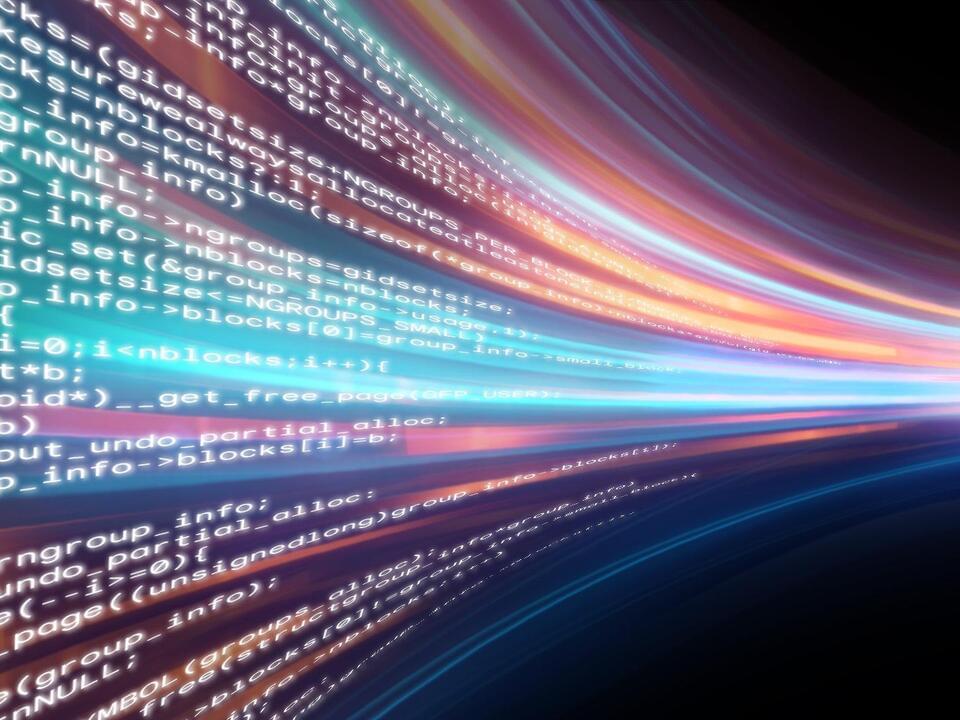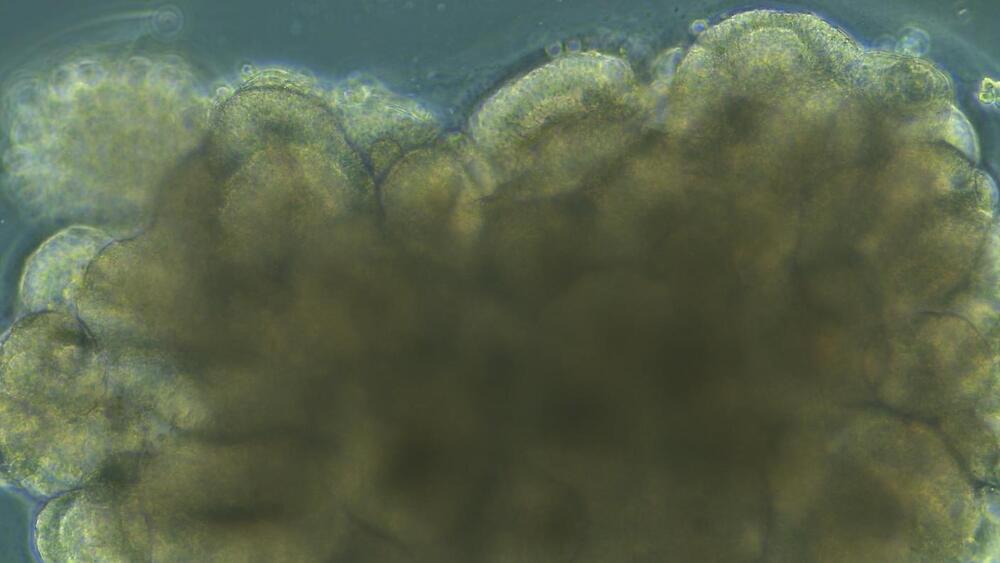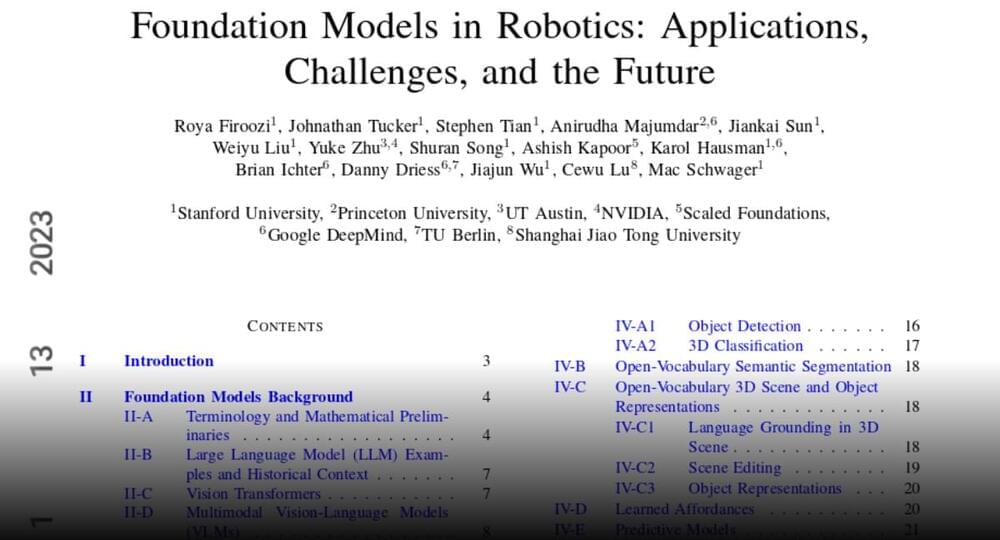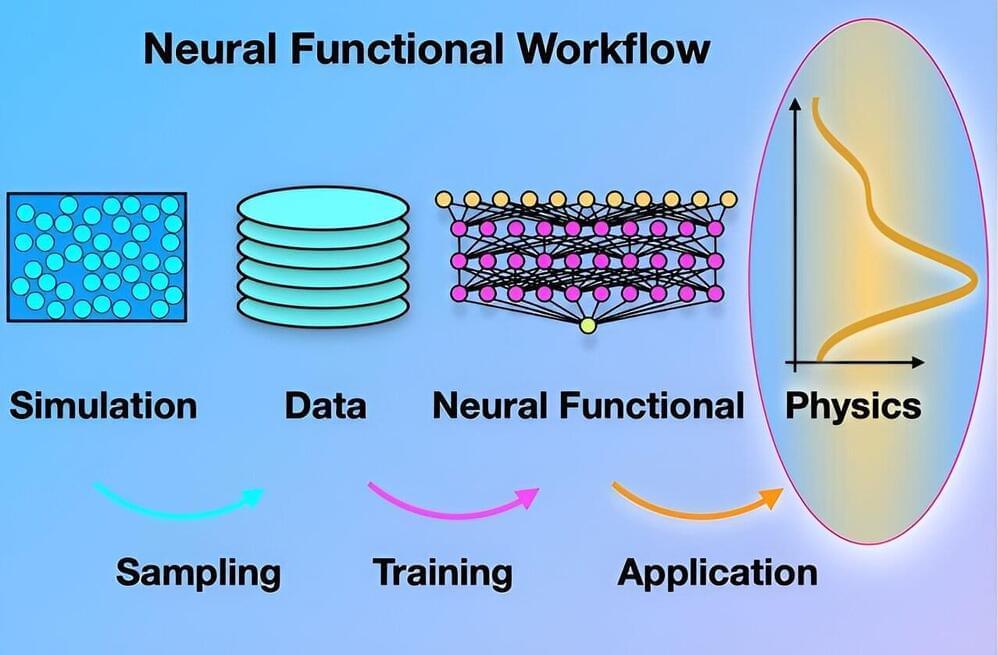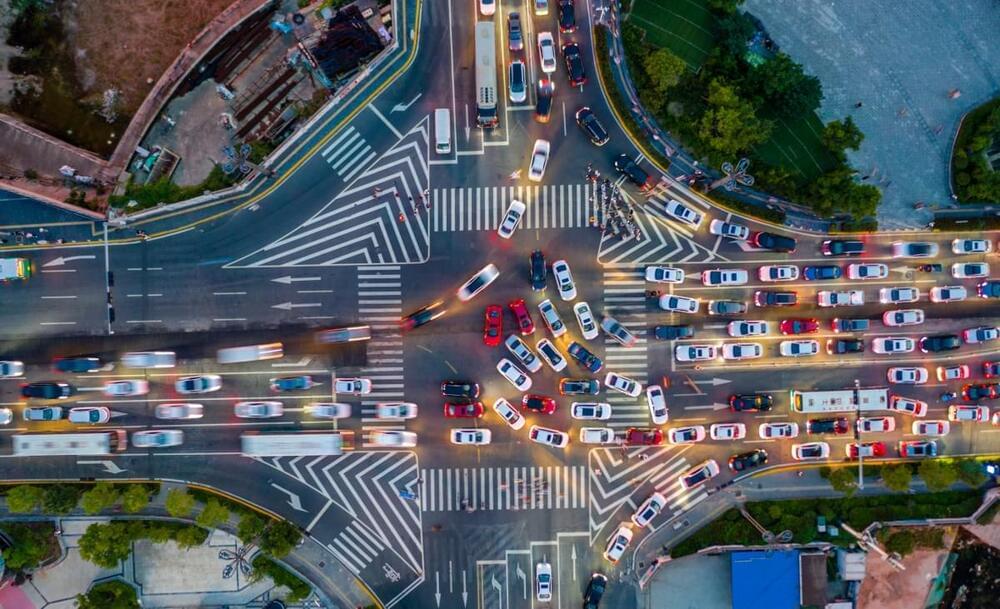Artificial intelligence researchers claim to have made the world’s first scientific discovery using a large language model, a breakthrough that suggests the technology behind ChatGPT and similar programs can generate information that goes beyond human knowledge.
The finding emerged from Google DeepMind, where scientists are investigating whether large language models, which underpin modern chatbots such as OpenAI’s ChatGPT and Google’s Bard, can do more than repackage information learned in training and come up with new insights.
“When we started the project there was no indication that it would produce something that’s genuinely new,” said Pushmeet Kohli, the head of AI for science at DeepMind. “As far as we know, this is the first time that a genuine, new scientific discovery has been made by a large language model.”
